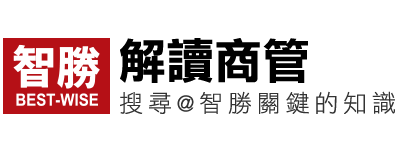Hot News
| 中文篇名 |
團隊情感氛圍形成的前因、情境調節及個人層次後果變項之研究 | |
|---|---|---|
| 英文篇名 |
Exploring Antecedents, Boundaries, and Individual-level Consequences of Group Affective Tone | |
| 作者 | ||
| 中文摘要 |
隨著團隊為主的工作設計廣為企業採用,團隊成員間的情感狀態也成為組織研究的焦點。本研究以團隊情感氛圍(group affective tone)為研究主題,並探討團隊成員人格特質的組成(團隊親和性、外向性及神經質)對於正/負向團隊情感氛圍的影響、團隊社會互賴及知覺社會閒散的干擾作用,以及團隊情感氛圍對個人客觀績效的影響。 | |
| 英文摘要 |
In this study, we explored the antecedents, consequences, and boundaries of group affective tone. Specifically, we tested the relationships between team member’s personality traits (i.e., team agreeableness, extraversion, and neuroticism) and group affective tone, the relationship between group affective tone and individual-level job performance, and the moderating effects of team social interdependence and perceived social loafing. | |
| 關鍵詞 |
團隊情感氛圍、五大人格特質、團隊組合、工作績效、多層次研究、group affective tone、big-five personality、team composition、job performance、multi-level research | |
| 刊名 | ||
| 期數 | ||
| 起訖頁 |
1-37 | |
| 出版單位 | ||
| DOI | ||
| QRCode |
| |
| 下一篇 |



